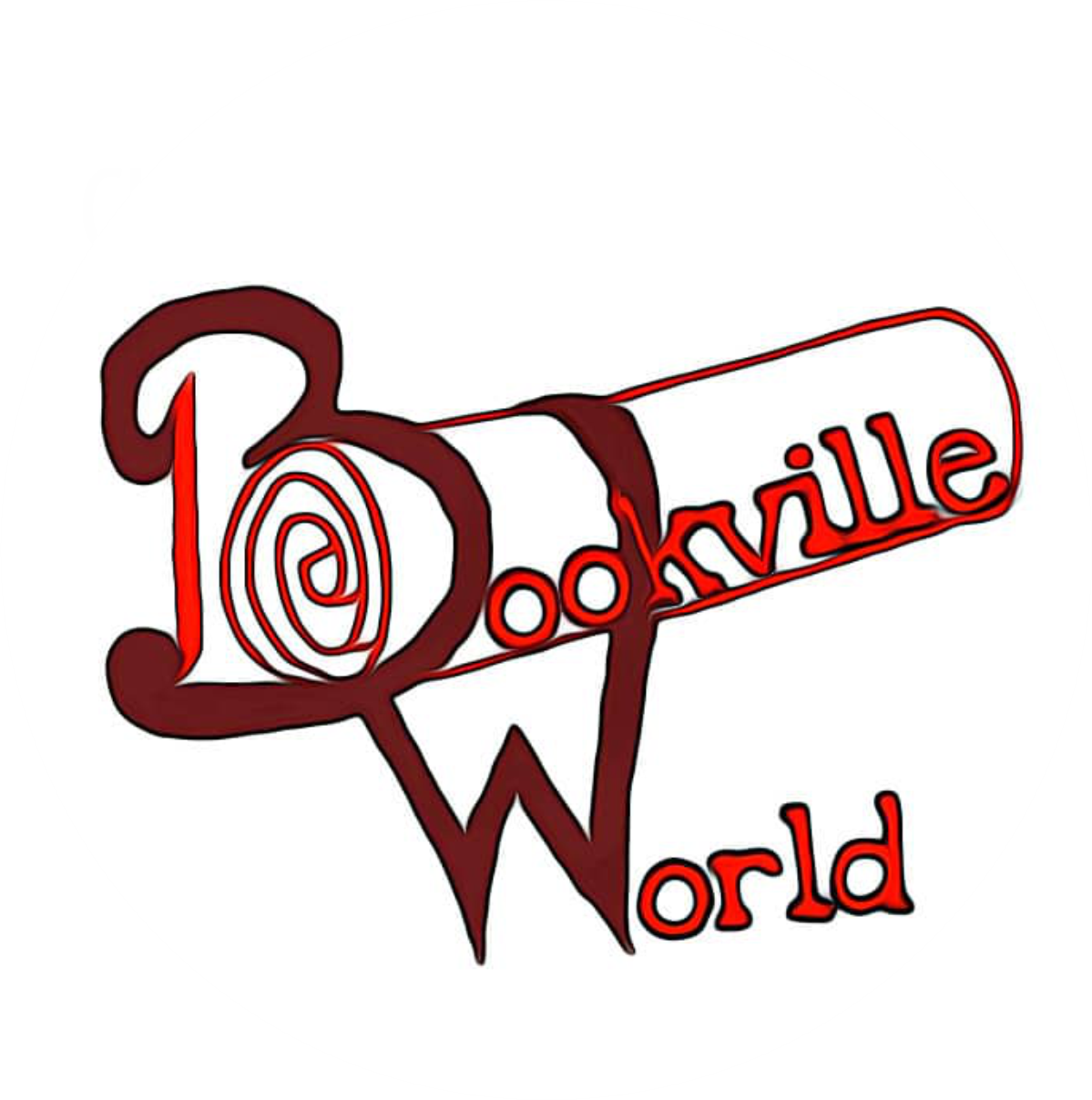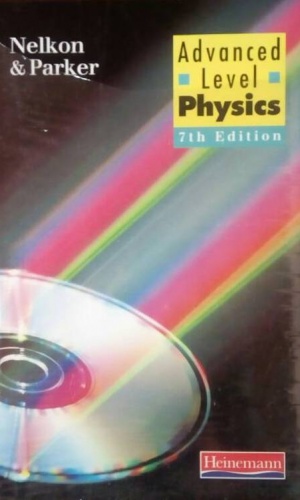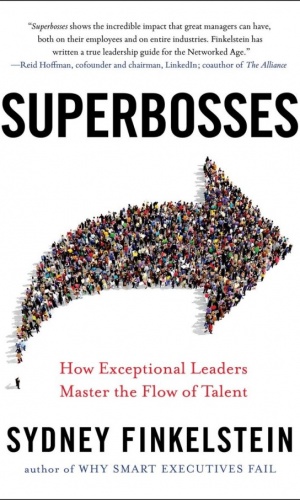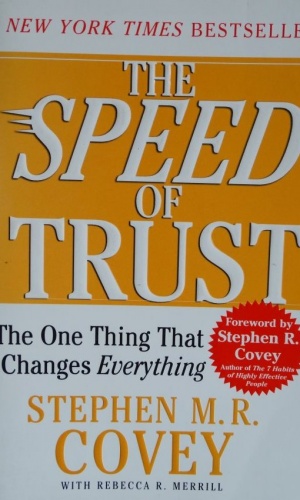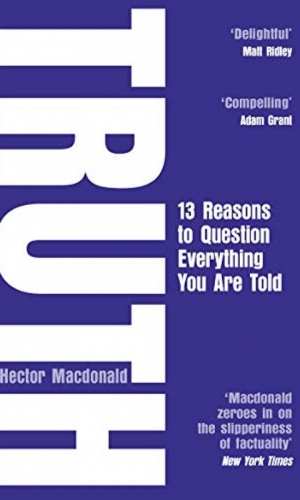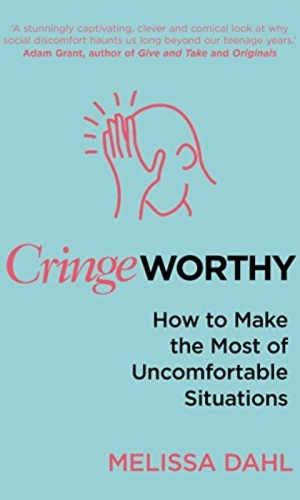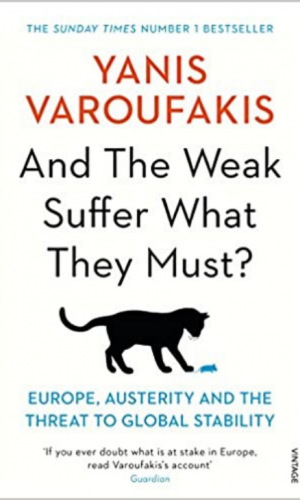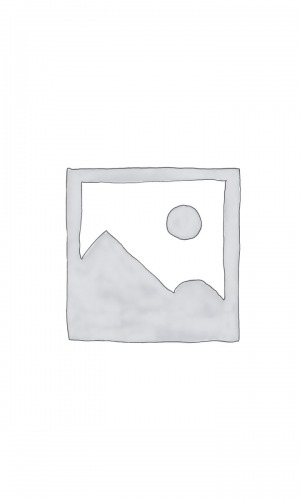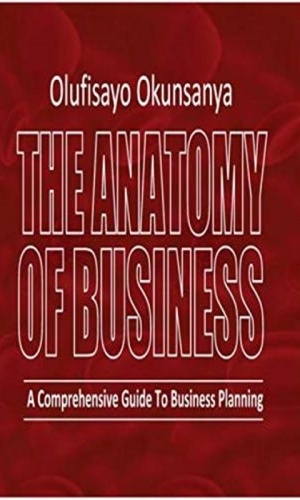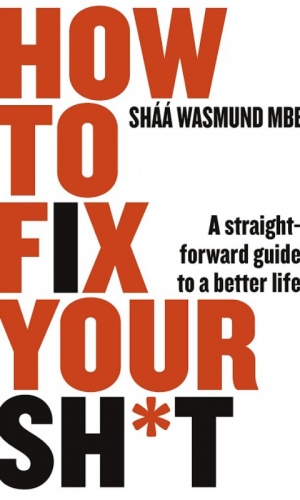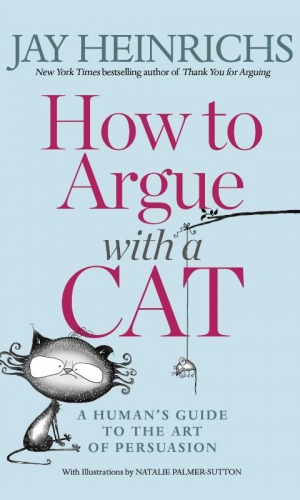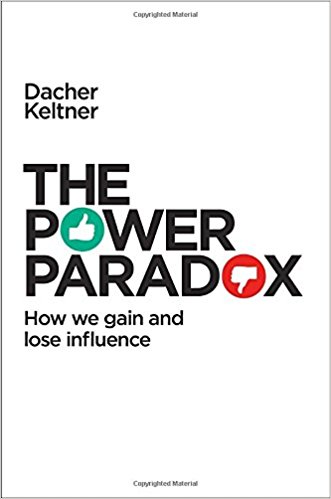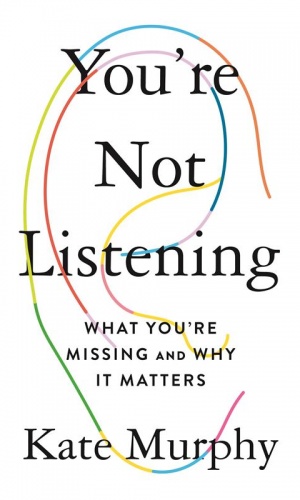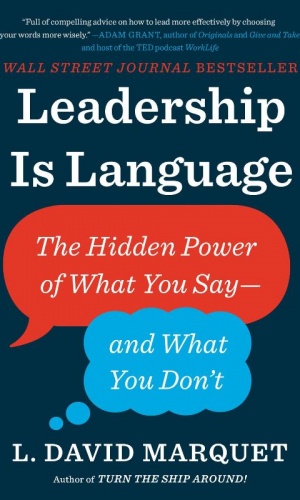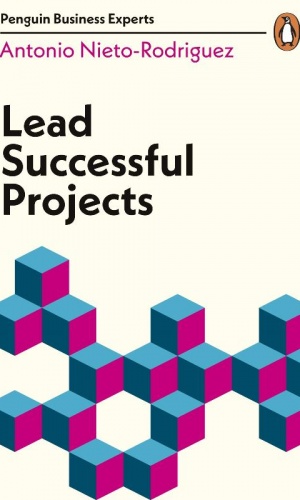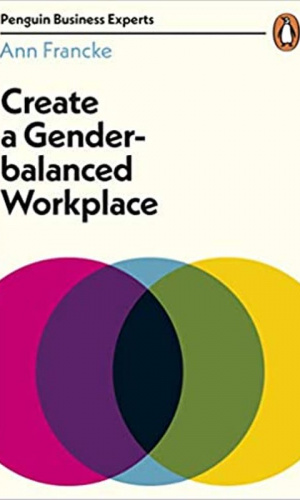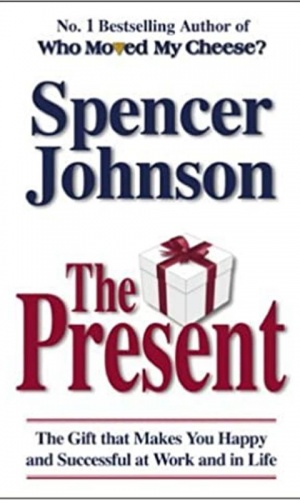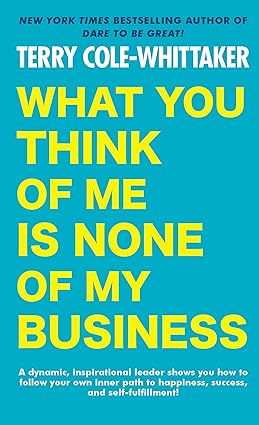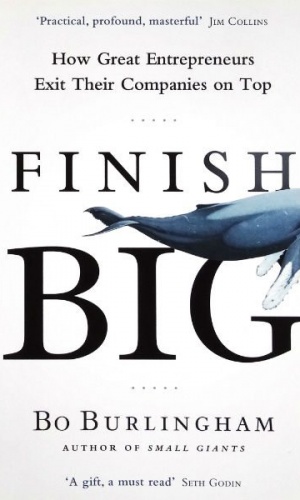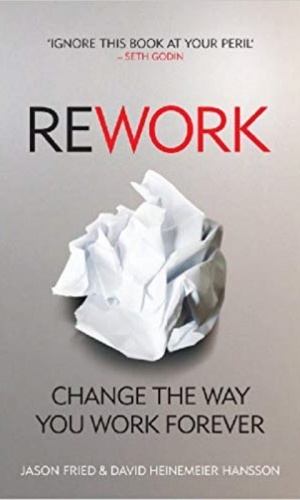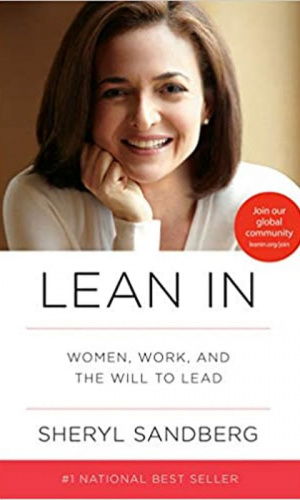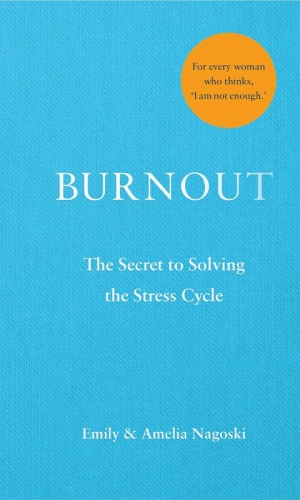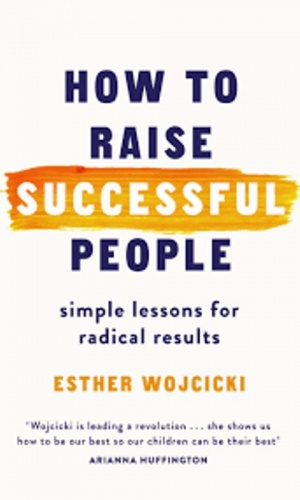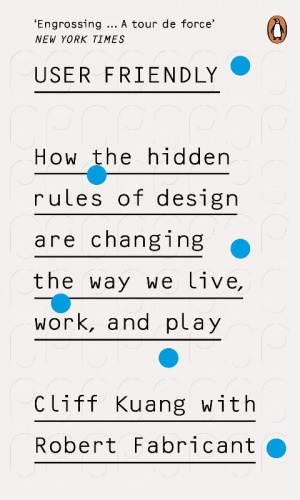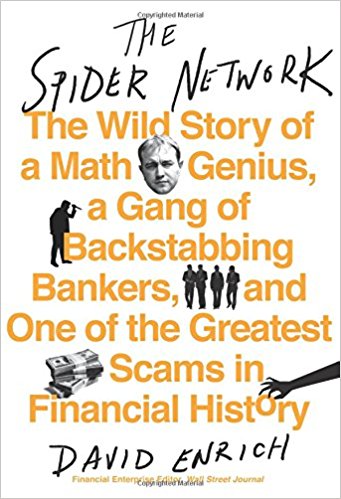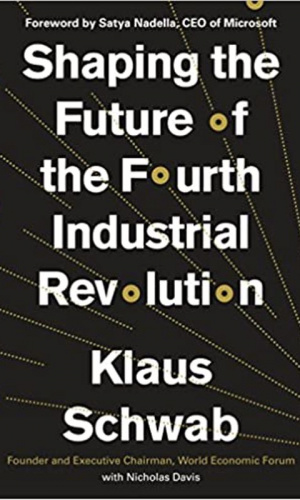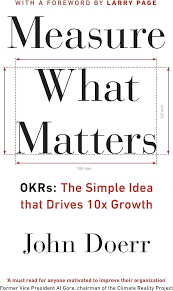-
Truth
True or false? It’s rarely that simple.
There is more than one truth about most things. The Internet disseminates knowledge but it also spreads hatred. Eating meat is nutritious but it’s also damaging to the environment. When we communicate we naturally select the truths that are most helpful to our agenda.
We can select truths constructively to inspire organizations, encourage children, and drive progressive change. Or we can select truths that give a false impression of reality, misleading people without actually lying. Others can do the same, motivating or deceiving us with the truth. Truths are neutral but highly versatile tools that we can use for good or ill.
₦4,900 -
Cringeworthy
Have you ever said goodbye to someone, only to discover that you’re both walking in the same direction? Or had your next thought fly out of your brain in the middle of a presentation? Or accidentally liked an old photo on someone’s Instagram or Facebook, thus revealing yourself to be a creepy social media stalker?
₦4,900 -
And The Weak Suffer What They Must ?
From the aftermath of the Second World War to the present, Varoufakis recounts how the eurozone emerged not as route to shared prosperity but as a pyramid scheme of debt with countries such as Greece, Ireland, Portugal and Spain at its bottom. Its woeful design ensured that collapse would be inevitable and catastrophic. But since the hurricane landed Europe’s leaders have chosen a cocktail of more debt and harsh austerity rather than reform, ensuring that the weakest citizens of the weakest nations pay the price for the bankers’ mistakes, while doing nothing to prevent the next collapse. Instead, the principle of the greatest austerity for those suffering the greatest recessions has led to a resurgence of racist extremism. Once more, Europe is a potent threat to global stability.
Drawing on the personal experience of his own negotiations with the eurozone’s financiers and offering concrete policies and alternatives, Varoufakis shows how we concocted this mess and how we can get out of it. And The Weak Suffer What They Must? reminds us of our history in order to save European capitalism from itself.₦4,900 -
-
The Anatomy of Business: A Comprehensive Guide to Business Planning
”The Anatomy of Business; A Comprehensive Guide to Business Planning”, dissects the entirety of business, drawing on multiple examples of global conglomerates to share untold secrets to building and running lasting business.
₦5,000 -
How To Fix Your Sh*t
Do you dream of what you want to achieve in life – whether it’s setting up your own business, getting in shape, or writing a novel – but never seem to get round to actually doing it? Does now just never feel like a good time to start?
In January 2015, Shaa Wasmund made a decision: to finally get what she wanted. 3 years after packing in her business (and her salary) to take the plunge, life is everything she hoped it would be. And she has discovered that the key to getting what you want is within easy reach. It’s all in the mind.
In Want It? Get It!, entrepreneur and bestselling author Shaa Wasmund sets out her tried and tested methods for conquering fear and exploring new avenues of opportunity.
₦5,100 -
How to Argue with a Cat
Cats are skilled manipulators who can talk you into just about anything without a single word (or maybe a meow or two). They can get you to drop whatever you’re doing and play with them. They can make you serve their dinner way ahead of schedule. They can get you to sit down right this instant and provide a lap. On the other hand, try getting a cat to do what you want….
₦5,100 -
The power paradox
Power is ubiquitous?but totally misunderstood. Turning conventional wisdom on its head, Dr. Dacher Keltner presents the very idea of power in a whole new light, demonstrating not just how it is a force for good in the world, but how?via compassion and selflessness?it is attainable for each and every one of us.
₦5,300 -
You’re Not Listening
When was the last time you listened to someone, or someone really listened to you?
“If you’re like most people, you don’t listen as often or as well as you’d like. There’s no one better qualified than a talented journalist to introduce you to the right mindset and skillset―and this book does it with science and humor.”
-Adam Grant, #1 New York Times bestselling author of Originals and Give and Take“An essential book for our times.”
-Lori Gottlieb, New York Times bestselling author of Maybe You Should Talk to SomeoneAt work, we’re taught to lead the conversation.
On social media, we shape our personal narratives.
At parties, we talk over one another. So do our politicians.
We’re not listening.
And no one is listening to us.Despite living in a world where technology allows constant digital communication and opportunities to connect, it seems no one is really listening or even knows how. And it’s making us lonelier, more isolated, and less tolerant than ever before. A listener by trade, New York Times contributor Kate Murphy wanted to know how we got here.
In this always illuminating and often humorous deep dive, Murphy explains why we’re not listening, what it’s doing to us, and how we can reverse the trend. She makes accessible the psychology, neuroscience, and sociology of listening while also introducing us to some of the best listeners out there (including a CIA agent, focus group moderator, bartender, radio producer, and top furniture salesman). Equal parts cultural observation, scientific exploration, and rousing call to action that’s full of practical advice, You’re Not Listening is to listening what Susan Cain’s Quiet was to introversion. It’s time to stop talking and start listening.
₦5,300 -
Leadership Is Language
Your words matter more than you think
Most of us use the language we inherited from a time when workers worked with their hands and managers worked with their heads. Today, your people do much more than simply follow orders. They contribute to performance and solve problems, and it’s time we updated our language to reflect that.
In Leadership Is Language, former US Navy captain L. David Marquet offers a radical playbook to empower your people and put your team on a path to continuous improvement. The framework will help you achieve the right balance between deliberation and action, and take bold risks without endangering your mission. Among other things, you’ll learn:
· How to avoid the seven common sins of questioning, from binary questions (should we do A or B?) to self-affirming questions (B is the better option, right?)
· Why you should vote first, then discuss, when deciding on a plan with your team, rather than voting after discussion
· Why it’s better to give your people information instead of instructions
₦5,300 -
PENGUIN BUSINES EXPERTS- LEAD SUCCESSFUL PROJECTS
Are you struggling to juggle multiple projects? Do you often lose control of your budget? Does communicating your progress to the rest of your team cause you undue stress?
₦5,400 -
Penguin Business Experts: Create a Gender-Balanced Workplace
Gender balance is first and foremost a business issue. McKinsey estimates we could add 28 trillion to global GDP if we achieved gender equality everywhere – that is more than the GDPs of the US and China combined. But it is so much more than that. Gender balance is one of the best levers we can pull to build better managers and leaders at every level, improve team performance and create better cultures where everyone can thrive.
₦5,400 -
The Present
Another Spencer Johnson #1 Bestseller
#1 New York Times Business
#1 Wall Street Journal
#1 BusinessWeekFrom the Author of Who Moved My Cheese?
Dr. Spencer Johnson’s stories of timeless, simple truths have changed the work and lives of millions of readers around the world. Now comes an insightful new tale of inspiration and practical guidance for these turbulent times.
Good Things Happen To Those Who Open The Present
The Gift That Makes Your Work And Life Better Each Day!
For over two decades, Spencer Johnson has been inspiring and entertaining millions with his simple yet insightful stories of work and life that speak directly to the heart and soul. The Present is an engaging story of a young man’s journey to adulthood, and his search for The Present, a mysterious and elusive gift he first hears about from a great old man. This Present, according to the old man, is “the best present a person can receive.”
₦5,500 -
Finish big
?No two exit experiences are exactly alike. Some people wind up happy with the process and satisfied with the way it turned out while others look back on it as a nightmare. The question I hope to answer in this book is why. What did the people with ?good? exits do differently from those who?d had ?bad? exits??
When pioneering business journalist and Inc. magazine editor at large Bo Burlingham wroteSmall Giants, it became an instant classic for its original take on a common business problem?how to handle the pressure to grow.
₦5,550 -
Rework
Read it and you’ll know why plans are actually harmful, why you don’t need outside investors, and why you’re better off ignoring the competition. The truth is, you need less than you think. You don’t need to be a workaholic. You don’t need to staff up. You don’t need to waste time on paperwork or meetings. You don’t even need an office. Those are all just excuses.
What you really need to do is stop talking and start working. This book shows you the way. You’ll learn how to be more productive, how to get exposure without breaking the bank, and tons more counterintuitive ideas that will inspire and provoke you.
₦5,600 -
LEAN IN
In her famed TED talk, Sheryl Sandberg described how women unintentionally hold themselves back in their careers. Her talk, which has been viewed more than eleven million times, encouraged women to “sit at the table,” seek challenges, take risks, and pursue their goals with gusto. Lean In continues that conversation, combining personal anecdotes, hard data, and compelling research to change the conversation from what women can’t do to what they can.
₦5,700 -
Burn Out
Burnout. Many women in America have experienced it. What’s expected of women and what it’s really like to be a woman in today’s world are two very different things—and women exhaust themselves trying to close the gap between them. How can you “love your body” when every magazine cover has ten diet tips for becoming “your best self”?
₦5,800 -
How To Raise Successful People
Esther Wojcicki—“Woj” to her many friends and admirers—is famous for three things: teaching a high school class that has changed the lives of thousands of kids, inspiring Silicon Valley legends like Steve Jobs, and raising three daughters who have each become famously successful. What do these three accomplishments have in common? They’re the result of TRICK, Woj’s secret to raising successful people: Trust, Respect, Independence, Collaboration, and Kindness. Simple lessons, but the results are radical.
₦5,800 -
-
The speed of trust
Stephen M.R. Covey shows how trust?and the speed at which it is established with clients and, employees?is essential to a successful organization.
With nearly 750,000 copies in print, this instant classic shows that establishing trust is ?the one thing that changes everything? (Marcus Buckingham, coauthor of Now, Discover Your Strengths) in both business and life.
₦5,940 -
The spider network
In 2006, an oddball group of bankers, traders and brokers from some of the world?s largest financial institutions made a startling realization: Libor?the London interbank offered rate, which determines the interest rates on trillions in loans worldwide?was set daily by a small group of easily manipulated functionaries, and that they could reap huge profits by nudging it to suit their trading portfolios.
₦5,950 -
Shaping the Future of the Fourth Industrial Revolution
Today, technology is changing everything–how we relate to one another, the way we work, how our economies and governments function, and even what it means to be human.
₦6,100 -
